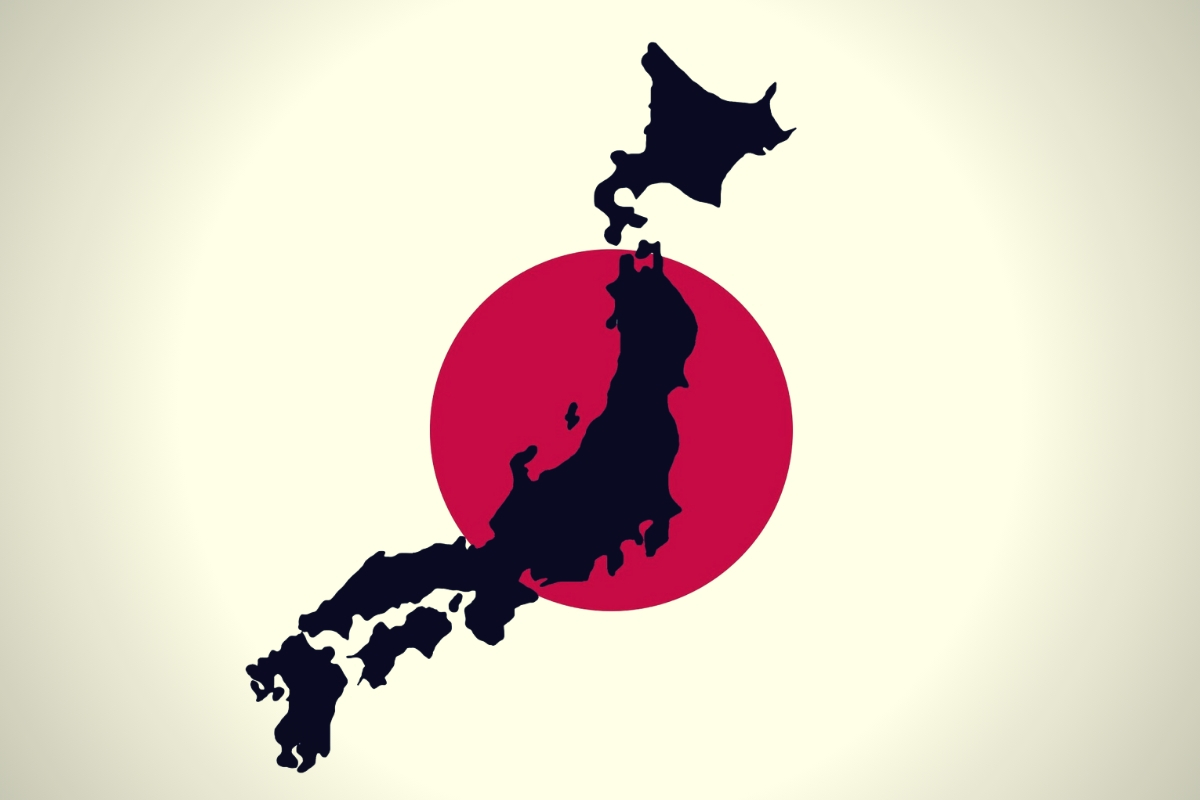The Government of Japan Approved the Self-Regulation of the Crypto Industry

The news of crypto exchanges getting hacked in Japan of recent has greatly affected the trust of many participants in the industry. In its bid to help its citizens regain trust in the industry, the Government of Japan has issued an approval for the industry to be self-regulated. This self-regulation is expected to take effect immediately and will be overseen by the Japan Virtual Currency Exchange Association (JVCEA).
JVCEA to Oversee Self-Regulate
The JVCEA has been described as the number one crypto exchange regulator in the country. The membership consist of the top tier registered crypto exchanges operating within the country. As a result of the approval given to it by the Japanese government, the association can now set rules for operational requirements, consumer protection, prevention of money laundering and employee ethics. Principally, the association will be charged with putting measures in place to enforce compliance.
The Japanese Government has shown how dedicated it is towards making sure that the crypto industry within its borders are well regulated and it is willing to go to any extent to ensure the safety of its citizen’s capital. As of last year—2017, Japan was the first country to regulate virtual currency trading platforms. This way the country allows for a well documented and “safe” crypto investment for its residents.
Self-Regulation is in Everyone’s Best Interest
Sadly, the recent hacking attacks which have rocked several Japan-based crypto exchanges has undermined the effect of the Japan Financial Service Authority’s (FSA) regulation. As a result of this, the government is of the strong belief that, allowing the industry to self-regulate itself is the best call.
The JVCEA made a statement in relation to being given this mandate on its website. The website content states that:
“With the acquisition of accreditation, we will continue to make further efforts to create an industry that you trust for everyone who uses virtual currency with [its] members,”
